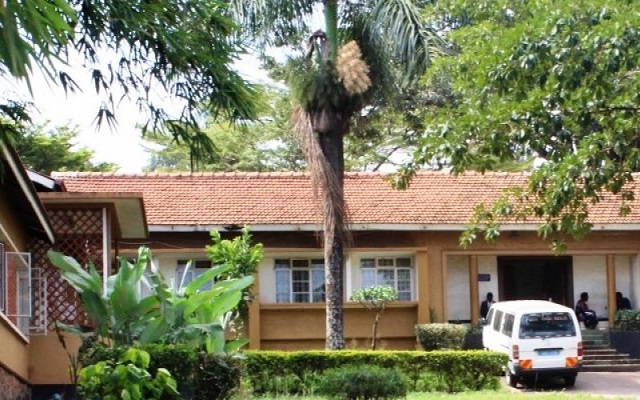
Kampala, Uganda | THE INDEPENDENT | Makerere University Law School is seeking approval for a University College status.
The School has enjoyed autonomy since the 2012 restructuring of Makerere University from a Faculty-Based Model to a Collegiate Model. It has been the only semi-autonomous school in Makerere University amongst other Colleges.
And as such, the School has for seven years been regarded as a College without the approval from National Council for Higher Education, the government regulatory agency, responsible for the regulation of higher education in Uganda.
It was until 2019, following the expiry of contract of acting Principal of the School that the University Council rejected a proposal to appoint a substantive Principal citing that the title and office of Principal which is provided for under the Statute for the Management of Constituent Colleges of Makerere University did not apply to the School of Law.
This was because it was not yet approved by the NCHE as a constituent College of Makerere University, putting the process for filling the position of the school leadership on halt.
According to Associate Professor Christopher Mbazira, the acting Principal of Law School, NCHE only approves colleges that are in place, having completed internal processes.
In his email to staff sent early this week, Mbazira said the NCHE had set up a committee to conduct inspection to the school and urged the staff to prepare.
“The committee is expected to inspect us in the next three weeks. We, therefore, have to prepare for that. I will keep you posted on the exact date of the inspection once I get the information on this,” says in his Tuesday email.
URN understands that although the School of Law has never been approved by the NCHE, the internal processes of giving the school a College status were completed by a resolution of the University Council on May 22nd 2014.
For any institution to be accredited, the NCHE must be satisfied, after a series of inspections and visitations, that the institution concerned has adequate physical and financial resources, viable programmes, adequate qualified staff and structures of governance to deliver quality higher education.
Institutional accreditation to exist and deliver higher education is a key tool of quality assurance. It covers all aspects of institutions; including land, staffing, educational facilities, governance, financial resources and physical facilities.
The 2016 report of the Rwendeire Visitation Committee on Makerere University observed that whereas it is within the ambits of the NCHE to establish constituent colleges of a University, National Council does not have minimum requirements or standards for establishment of constituent Colleges.
It further noted that without a measurable criterion, the process followed by the National Council to create the Colleges at Makerere University was subjective and bound to yield questionable results.
In 2006, the University Council resolved to initiate the transformation of Makerere University from a Faculty-Based Model to a Collegiate Model. The institution piloted this restructuring with the College of Health Sciences.
This restructuring was intended to create an efficient and effective model that structurally, administratively and academically would enhance the management of Makerere University so as to fulfill its revised Vision and Mission as stipulated in its Strategic Plan 2008/2018.
On December 19, 2011, the NCHE established other eight (8) constituent colleges of Makerere University through Statutory Instrument No. 68 of 2011.
Consequently, on March 9, 2012, Makerere University Council, made a Statute for the Management of Constituent Colleges.
The Rwendeire committee observed that the intent to restructure Makerere University to be governed and managed based on a Collegiate System Model was noble and with careful consideration and the way to go.
However, the Visitation committee noted that the process was not meticulously undertaken, as the University found itself abandoning the pilot study and proceeding with a complete roll-out without proper planning.
The Committee concluded that such reforms with far-reaching structural, financial and legal implications cannot be objectively undertaken by the University on her own.
*****
URN
 The Independent Uganda: You get the Truth we Pay the Price
The Independent Uganda: You get the Truth we Pay the Price



